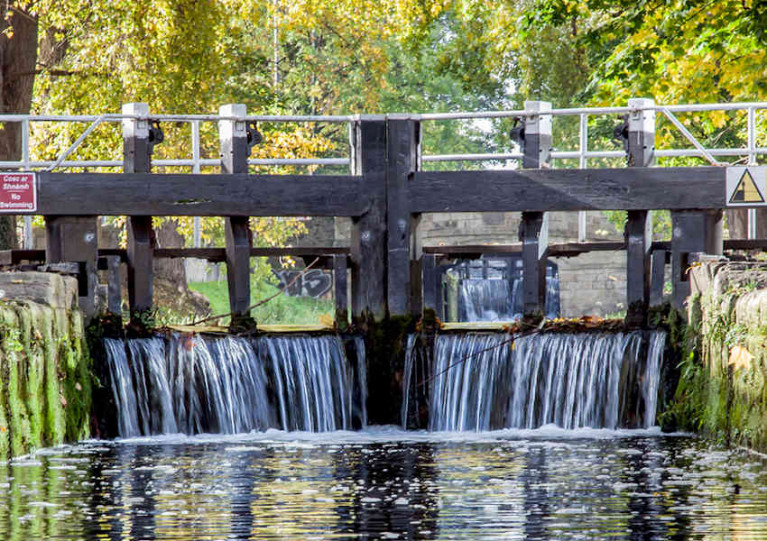Displaying items by tag: Outdoors
Leave No Trace Guidelines for Getting Outdoors Responsibly & Safely During Covid-19 Pandemic
Outdoor ethics programme Leave No Trace Ireland has published a set of simple guidelines for getting outdoors responsibly and safely amid the Covid-19 crisis.
“Now, more than ever, it is vitally important that collectively, we use the outdoors responsibly, taking care of each other and taking care of our local environs, our magnificent wildlife, our lands and waters,” the programme said.
“As seen in the media, overcrowding at popular outdoor beauty spots, lack of social distancing, increased disturbance of wildlife and vegetation, rubbish left behind, are all indicators that outdoor use is up but we are not caring for our outdoor spaces as we should be.
“Following Leave No Trace Guidelines ensures we are being collectively responsible in our use of outdoor spaces, protecting ourselves, our families, our fellow citizens and our incredible island.”
Leave No Trace Ireland’s guidelines are:
- Plan Ahead: Check weather, bring proper clothing and footwear, water and food. Park and walk responsibly.
- Expect Closures: Before leaving home, consider lack of usual facilities such as toilets, shops, cafes, restaurants.
- Stay Home or Local: Unwell? Don't go! Feeling well? Look for local trails, hidden gems, explore closer to home.
- Be Considerate: Maintain social distancing throughout the day. Keep group sizes small. There is plenty of space in the outdoors for everyone!
- Time and Place: Find those hidden gems, avoid peak times, avoid difficult routes. Adhere to HSE guidelines.
- Leave No Trace: Don't rely on or add to already overburdened services. Bring your own rubbish home.
- Be Dog-Responsible: Keep dogs under control. Mind out for young wildlife. Pick up and bring home dog waste.
Leave No Trace Ireland also reminds of its seven principles: prepare for spring weather conditions, stick to trails, dispose of waste properly, minimise fire impacts, leave what you find, keep a safe distance from wildlife, and be considerate of others.
If you are well, remain active through outdoor pursuits, but do your part and comply with the latest Government guidelines issued by the HSE in the Republic of Ireland and the HSC Public Health Agency in Northern Ireland. For more up to date information and advice about coronavirus (Covd-19), visit www2.hse.ie/coronavirus
For ideas on where to find inspiration for safe and responsible outdoor activities, see LeaveNoTraceIreland.org and share these ideas with friends and family on social media #LeaveNoTrace #WeLoveNature
Outdoors Guide & Instructor Training Courses in Kerry
#jobs – Why not become an outdoor instructor and guide? Spend your working days teaching kayaking, guiding on trails and mountains or introducing beginners to rock climbing.
Outdoors Ireland are running an intensive part-time Outdoor Instructor & Guide Training Course in Kerry, this October. Aimed at enthusiastic complete beginners; this course is designed to give the skills to produce a quality instructor and guide; employable in both the public and private sectors of outdoor education/adventure tourism.
This training course will also look at modules of setting up an adventure business, adding an adventure business onto an existing hospitality business, plus packaging adventure products, say Outdoors Ireland
Nathan Kingerlee, course director, says 'although it's not all as exciting and fun as it may seem from the outside, I really believe we have the best job in the world! Battling midges occasionally or washing mountains of wetsuits is easily offset by the privilege of working outdoors in spectacular untrodden areas.'
Outdoor education and adventure tourism has held strong through the past years of the bust and is now thriving as more and more people take to the hills, lakes and cliffs.
'It's can be hard to find exceptionally good instructors and guides, despite the number of training courses out there' says Kingerlee, 'I see this from the day to day running of Outdoors Ireland; so this course is about delivering brilliant and focused instructors, who are employable. More from Outdoors Ireland here.

























































